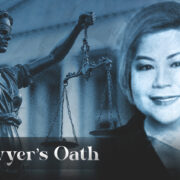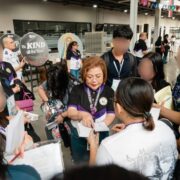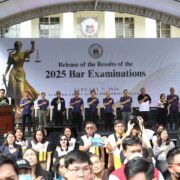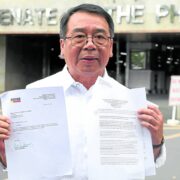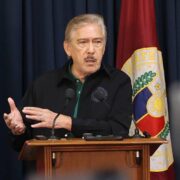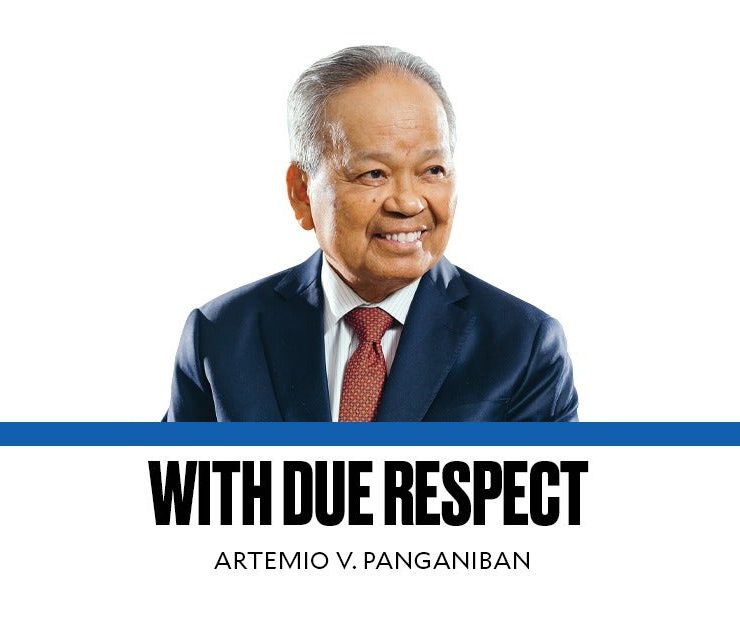The children’s interest is paramount
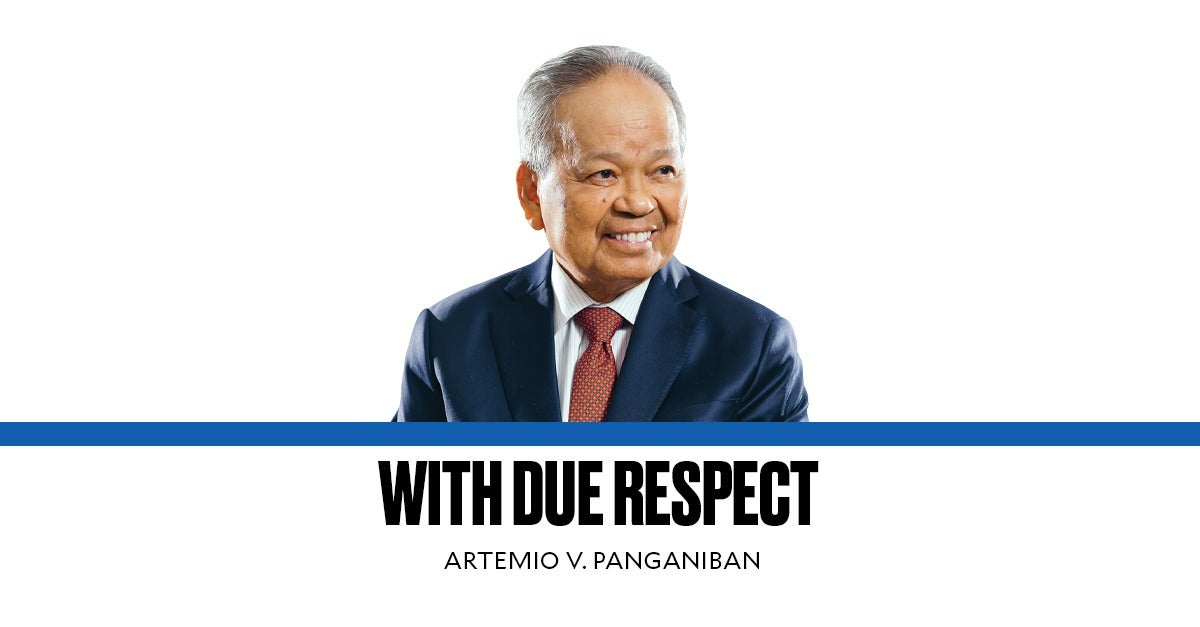
In litigations between the parents, the children’s interest is paramount. Even while abroad, the mother is still preferred over the father in the sole custody of children under seven years of age. Since her work abroad as an overseas contract worker (OFW) is temporary, she can (as she did three times in this case) visit them occasionally. Though the parents have joint parental authority over their children, the mother may delegate her sole custodial rights provisionally to the children’s caring maternal grandmother, subject to the rights of the father to visit them on Saturdays, Sundays, and holidays. He may even bring them out to nearby amusement parks, accompanied by their maternal grandma.
THE FOREGOING STATEMENTS CONSTITUTE THE RATIO DECIDENDI (or rationale) of the recently released, unanimous decision of the Supreme Court in David Carnabuci v. Harryvette Rowena Tagaña-Carnabuci (July 22, 2024, Second Division, per J Jhosep Y. Lopez). As a married couple, David and Harryvette sired two children who were 3 and 2 years old, respectively, at the time their father David filed a petition for habeas corpus to gain custody of the minors from Joselyn, their maternal grandma, who was delegated with provisional parental authority over them by Harryvette while she was working in France. On the other hand, David was an Italian entrepreneur doing business here.
Let me continue with the facts as summarized by the Supreme Court’s Office of the Spokesperson, together with my revisions. In 2017, the couple separated after four years of marriage. They decided in a memorandum of agreement, dated Dec. 8, 2017, that, among other conditions, David would give Harryvette P2.5 million in exchange for the joint custody of their children.
Harryvette later moved to France to work as an OFW, leaving the children to David’s care. When she learned that David left their children to other people without her consent, she took the children and left them in the custody of their maternal grandmother, Joselyn Espiritu. The mother executed a notarized document naming the grandmother as the children’s guardian during her absence from the country.
DAVID FILED A PETITION FOR HABEAS CORPUS SEEKING CUSTODY OF THE CHILDREN. A habeas corpus petition in child custody cases is an action to gain custody of children alleged to be unlawfully held by the other parent, a relative, or a guardian. The father argued, inter alia, that since the mother was legally “absent,” he should have custody of the children instead of their grandma.
The Regional Trial Court (RTC) denied his petition and awarded the exclusive parental authority and permanent custody of the children to their mother. Under Article 220 of the Family Code, parental authority includes keeping the children in the parents’ company, supporting, educating and protecting them, and giving them love, care and affection. In the mother’s absence, the RTC placed the children under the care of Joselyn while David was granted visitation privileges.
On appeal, the Court of Appeals (CA) granted joint parental authority to both the mother and the father, awarded sole custody of the children to the mother, and granted provisional custody to the grandmother. The Supreme Court upheld the CA’s decision, stressing that the mother should not be considered “absent” simply because she was an OFW. Being an OFW does not strip parents of their right to exercise parental authority or the wives’ sole custody of the children.
When deciding custody, courts should consider many factors to see what is best for the children. Even while living overseas, the mother in this case was able to supervise and care for her children, who were already 7 and 8 years old. She monitored their activities and communicated with them via their home CCTV. Moreover, she provided monthly financial support. Though this arrangement was not ideal, the children still received attention and care from both their mother and grandmother.
IN ITS 26-PAGE DECISION, THE SUPREME COURT RULED that Joselyn was a better caregiver than David due to his habitual drinking, smoking, and history of violent behavior. Since the children were already accustomed to living with Joselyn, sole custody was awarded to the mother, while provisional custody was granted to the grandmother.
The Court held that both the mother and the father retained joint parental authority over the children. It emphasized that the parents’ separation did not automatically revoke their rights to exercise parental authority. According to the Family Code, parents share joint parental authority to ensure the physical well-being and development of the minor children. Hence, the father was granted visitation rights, but only under specified conditions.
In his separate opinion (to which I concur), Senior Associate Justice Marvic M.V.F. Leonen wrote that while he agreed with the decision, he nonetheless believed that the custodial right of mothers should be termed “primary,” not “sole,” because the latter word implies that the custody was “absolute and exclusive to respondent mother.” Which is not the case, because custody can change depending on later circumstances.
—————-
Comments to chiefjusticepanganiban@hotmail.com



